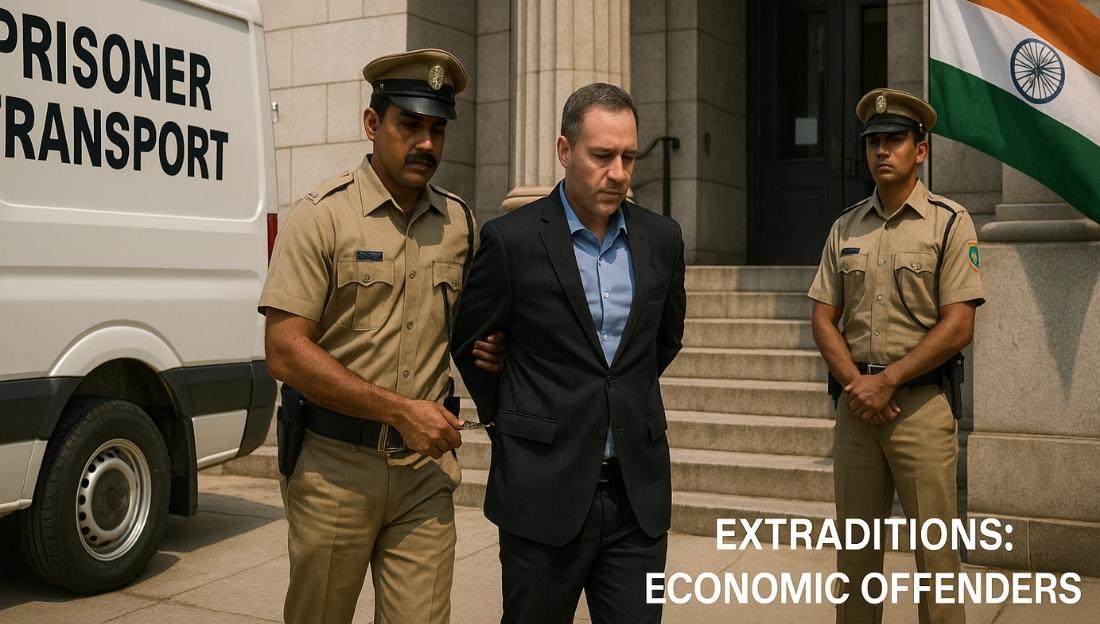Bangladesh’s interim government under Professor Muhammad Yunus announced constitutional reforms and delayed elections until April 2026. This has sparked concerns over the democratic direction of the country and whether it is veering towards authoritarianism.
Background
- Bangladesh is currently being governed by an “interim government” led by Nobel Laureate Prof. Muhammad Yunus.
- Originally formed to conduct elections, this government is now taking long-term decisions, raising fears of power consolidation.
Concerns over Governance and Elections
Delay in Elections:
-
- Prof. Yunus had earlier promised elections by December 2025; now the date is pushed to April 2026.
- The military has urged elections by the end of the year.
Overstepping Mandate:
-
- Interim governments are supposed to hold elections and then hand over power.
- Instead, the current administration is announcing constitutional reforms, which should only be done by an elected government.
Political Party Restrictions:
-
- The Awami League is banned.
- BNP (Bangladesh Nationalist Party) is dissatisfied with the current situation.
- Smaller or extreme groups are filling the political gap.
The July Proclamation
- Purpose: Proposed as a new political charter, aiming to replace or dilute the legacy of the 1972 Constitution linked to Sheikh Mujibur Rahman.
- Symbolism: July may become a new political milestone, overshadowing traditional events like Independence Day (December 16) or Sheikh Mujib’s assassination anniversary (August).
- Content Concerns: Lack of clarity on who drafted it or its full implications.
Geopolitical Angle: Humanitarian Corridor
- Prof. Yunus proposed a humanitarian corridor to aid Myanmar’s Rakhine region.
- India and Bangladesh fear it could compromise sovereignty and be misused for arms smuggling.
BNP’s Position
- BNP criticized the government in rallies but has not capitalized much on the situation.
- Its leader, Tarique Rahman, remains abroad due to pending legal cases.
- BNP is wary of the newly formed National Citizens Party (NCP), seen as backed by the interim government.
DEMOCRACY
Democracy is a system of government where people have the power to choose their leaders through free and fair elections. Everyone has equal rights, and the government works for the people and with their consent.
-
- Leaders are elected by citizens.
- Freedom of speech and press.
- Rule of law and protection of rights.
- Regular elections and peaceful transfer of power.
AUTHORITARIANISM
Authoritarianism is a system where one leader or a small group holds all the power, often without the consent of the people. Citizens have limited freedom, and the government is not accountable to the public.
-
- Power is concentrated in one authority.
- Elections, if held, are often unfair or symbolic.
- Limited freedom of speech and media.
- Opposition is suppressed.
Conclusion
The prolonged stay of an unelected government and proposed reforms raise fears of democratic backsliding in Bangladesh. Transparent elections and political inclusiveness are vital to restore legitimacy.





